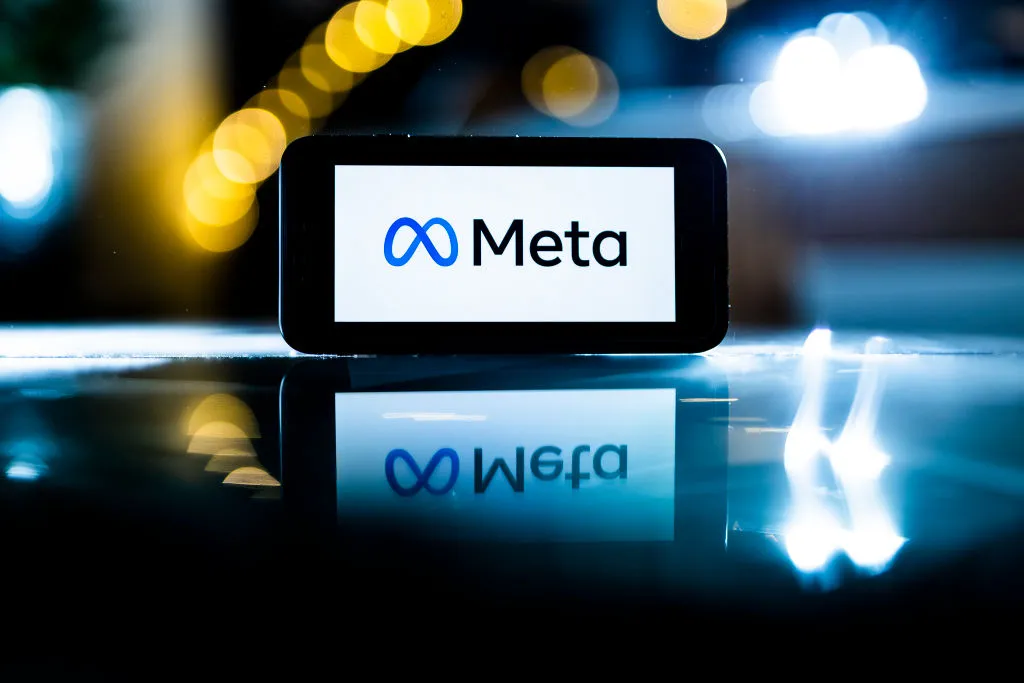
The European Union has voiced significant concerns regarding Meta’s approach to user privacy and data tracking, specifically highlighting the company’s introduction of a choice between a monthly subscription or consent to tracking for Facebook and Instagram users.
This move, initiated in November, raises questions about its alignment with the EU’s digital governance and competition regulations. The controversy stems from the potential conflict with the Digital Markets Act (DMA) and the Digital Services Act (DSA), aiming to ensure fair digital practices and protect consumer rights.
Scrutiny Under the DMA and DSA
The European Commission, particularly through the voice of EVP and competition chief Margrethe Vestager, has expressed skepticism towards Meta’s monetization strategy, which involves either charging users for privacy or monetizing their data through targeted advertising.
This tactic is seen as potentially violating the DMA, which was designed to prevent gatekeepers like Meta from exploiting their market power in ways that could harm competition and consumer interests. Meta, identified as a gatekeeper under the DMA, is now under the microscope for how its practices align with the act’s provisions against unfair market practices and the mishandling of user data for advertising.
Furthermore, the DSA imposes additional requirements on very large online platforms (VLOPs), including Meta’s Facebook and Instagram, to ensure transparent and fair online environments. This includes obtaining user consent for ads processing in a manner that respects user choice and privacy.
However, Meta’s implementation of a pay-for-privacy model has attracted criticism from privacy advocates, consumer protection bodies, and EU lawmakers, accusing the company of employing economic coercion to undermine the spirit of EU regulations.
The Controversial Consent Model and Its Implications
Meta’s introduction of a “subscription for no ads” option—essentially a paywall for privacy—marks a significant shift from its previous model of offering services at no monetary cost but with data tracking for advertising.
This change has prompted the European Commission to demand further clarity on how this aligns with Meta’s obligations under the DSA, particularly in terms of advertising practices and the potential systemic risks introduced by this model.
The concern extends to ensuring that consumers are not pressured into making decisions against their interests, especially when faced with the choice between privacy and payment.
Critics argue that Meta’s strategy not only challenges the essence of the GDPR, which mandates that consent for data processing be freely given without undue pressure but also poses a direct challenge to the DMA’s objectives of maintaining competitive digital markets.
The EU’s actions, including a formal request for information from Meta and ongoing investigations into the company’s compliance with the DMA and DSA, reflect a broader commitment to holding digital giants accountable to fair and transparent practices.
Related News:
Featured Image courtesy of Florian Gaertner/Getty Images
